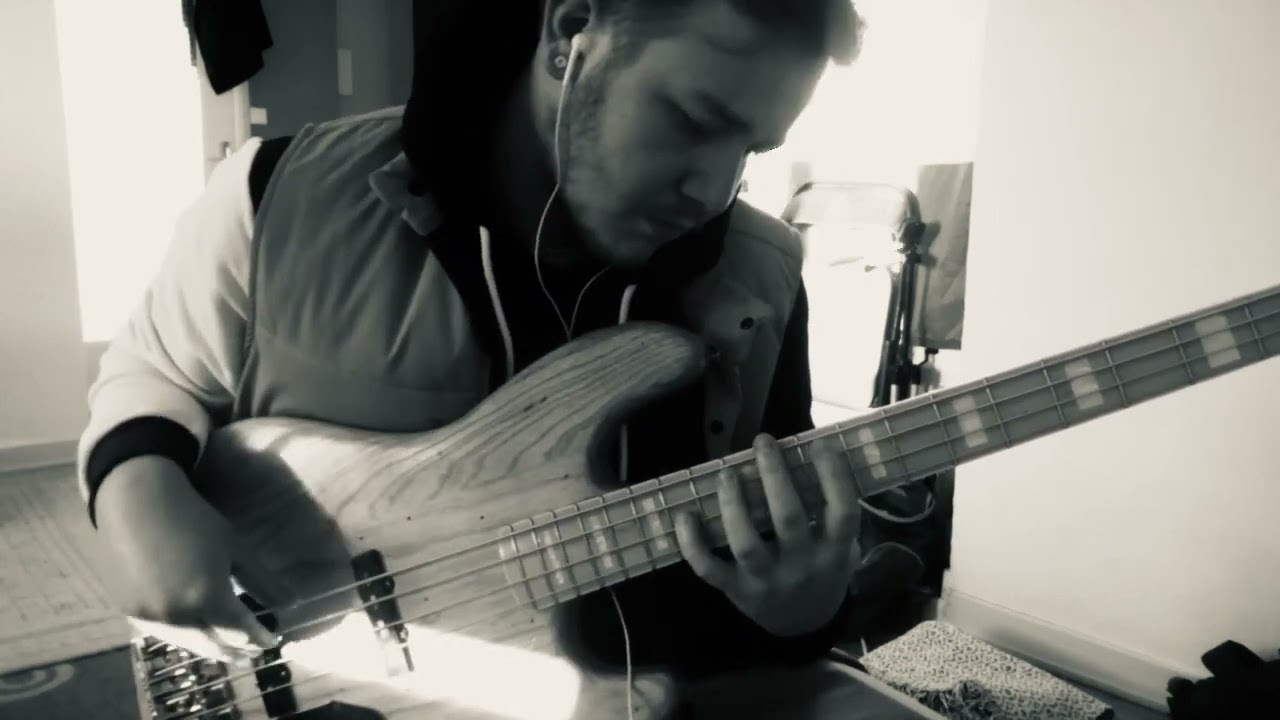Addictions can rip families aside. When you have a loved one that is struggling with dependency, you could be considering an intervention. An intervention can be a well planned procedure where loved ones meet with the addict to confront them concerning their dependence and intervention encourage those to get assist.
When done efficiently, an intervention can be quite a highly effective resource in order to get your partner into remedy. However, treatments can even be emotionally charged and difficult to navigate. To increase the chances of you achievement, there are some things you need to do—and some things you need to avoid doing—when preparing an intervention.
DO:
Educate yourself about dependence and treatments.
Choose a some time and spot where everyone will feel at ease speaking freely.
Jot down what you need to state in advance.
Expect to provide solutions and support for remedy.
Process what you’re likely to say with other individuals who are participating in the intervention.
Be equipped for whatever might come about, which include your partner turning into mad or refusing treatment.
Stick to your main point here: therapy must take place now.
Followup right after the intervention to supply help and encouragement for recovery.
Look for specialist help if you want it.
10 Get Your Beloved Into Treatment method ASAP Once the Intervention
DON’T:
Don’t attempt to phase an intervention without specialized help if the one you love has a record of physical violence or has in danger abuse in past times.
2 Don’t select a place where your loved one will truly feel unpleasant or be able to leave easily (e..g., don’t choose a jampacked cafe if they’re prone to anxiety attacks).
3 Don’t permit someone to talk who isn’t devoted to keeping quiet and polite through the entire complete process—no make a difference what will happen
. 4Don’t enable any person start off fighting or attacking your cherished one—this will undoubtedly make them defensive and fewer probable to listen for what’s getting stated.
. 5Don’t give ultimatums that you’re not able to follow through on (e..g., “If you don’t enter into remedy, I’m moving out”).
6Don’t try to force your partner into treatment if they’re not ready—this will only make them resistant to acquiring support down the road when they might be more open..
7Don’t just forget about taking care of yourself during this difficult experience
8 Lastly, do not give up wish – even when it feels like things are doing work against you, there may be always the opportunity for recovery


